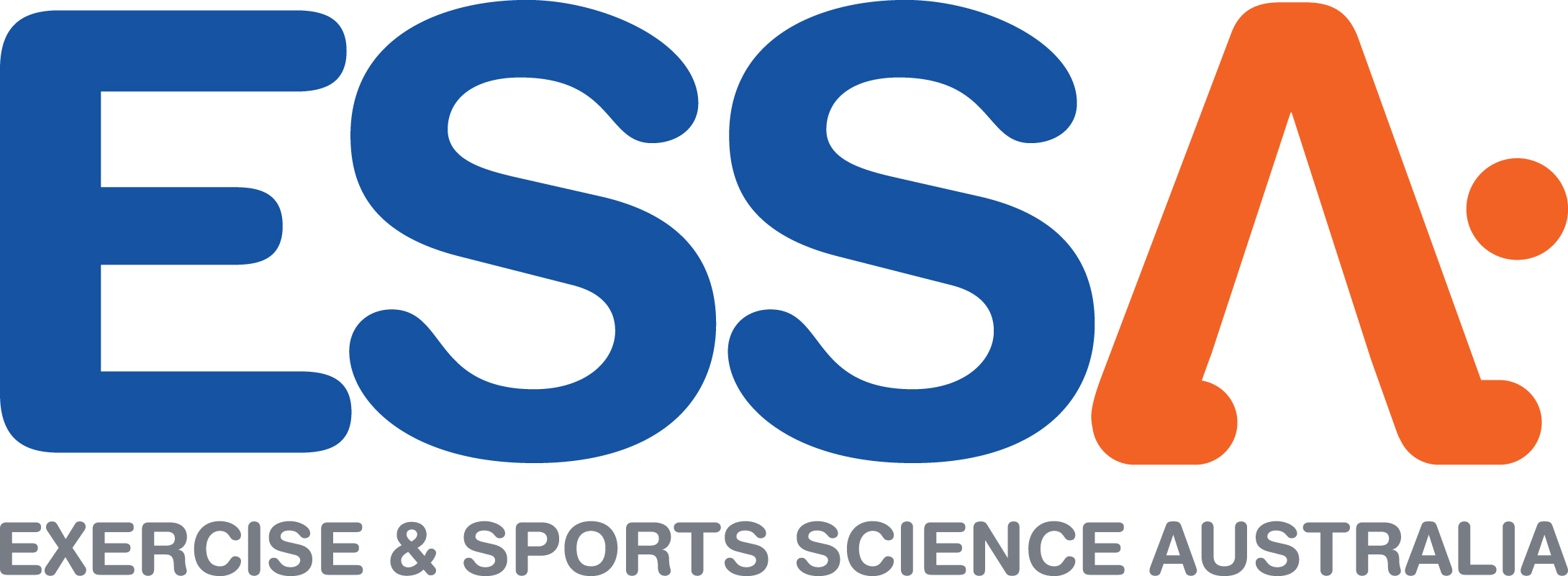Written by Exercise Physiologist, Calum J Edsor (AEP, AES, ESSAM) in collaboration with Exercise & Sports Science Australia (ESSA).
It's understandable and normal that you probably feel pretty tired, dealing with so many doctors' appointments and treatments for a prostate cancer diagnosis you likely never thought you would get. There is no perfect solution or justification for why, but with the right understanding, action symptoms and side effects, like fatigue, this diagnosis can be well managed to ensure a quality of life during and after treatment.
It might sound ludicrous to use more energy when feeling so tired but there is strong empirical and scientific evidence that exercise reduces cancer-related fatigue, anxiety, depression and increases physical function and quality of life for those diagnosed and undergoing treatment.
The science of cancer fatigue
Cancer related fatigue may be attributed to a number of factors including the cancer treatment and emotional toll of being diagnosed with Prostate Cancer.
Chemotherapy, radiation therapy, surgery, bone marrow transplantation and immunotherapy may all cause fatigue. As a result of treatments targeting cancerous cells within the body, healthy cells are also damaged including red blood cells. Red blood cells are responsible for transporting oxygen around our body. Oxygen is an important part of how we break down food into energy. A lack of oxygen means we are unable to breakdown foods into usable energy.
Feeling anxious, stressed or sad are normal emotions after receiving a prostate cancer diagnosis and should be expected. As we become stressed, our adrenaline and cortisol levels increase which can lead us to feeling more tired and fatigued. Recognising these emotions as normal and understanding how these emotions may be affecting you is important in being able to manage their effect.
How exercise helps
Exercise can increase red blood cell production and improves the efficiency of our cardiovascular system. The increase in red blood cells and efficiency allows more oxygen to be transported around the body by increasing the ease of which we can access our energy stores. Ultimately, this increased efficiency and red blood cell count improves our ability to function without becoming fatigued as quickly.
Exercise reduces the amount of stress hormones (adrenaline and cortisol) in the body. It also stimulates the production of endorphins, chemicals in the brain that are the body's natural painkillers and mood elevators.
More broadly, exercise increases whole body strength and endurance, allowing us to complete tasks of daily living with greater ease and leaving more energy to do activities you enjoy.
How to exercise with prostate cancer
To maximise the effect exercise has on reducing stress hormones and improving the cardiovascular system, it is recommended that exercise is performed at an intensity greater than 60% of VO2max. In practical terms, that means if we are having a conversation you should be able to talk but not sing whilst exercising (sorry - you can sing another time!). If you are capable of doing this 2-3 times per week, you're achieving the gold standard and the effect will be significant!
Initially and during your cancer journey managing symptoms and side effects can feel incredibly difficult. For those occasions, I want you to remember small amounts of exercise/physical activity is better than nothing. I'd encourage you to think of exercise similarly to brushing your teeth, 2-5 minutes every day is so much better than nothing at all.
Below I have attached a sample workout that can be completed at home for general strengthening. I have attached links to each exercise as well.
Feel free to break the exercises up into more manageable sections. I recommend starting with 1 round of 10 repetitions and increase repetitions up to 20 before trying to increase to 2 or more rounds.
Finally, I want to encourage you to reach out to an exercise professional to allow you to be supported in achieving some exercise and improving your outcomes.
You can find an Accredited Exercise Physiologist by visiting www.essa.org.au/find-aep and select 'cancer' as the speciality.
Alternatively, give PCFA's Prostate Cancer Specialist Telenursing team a call on 1800 22 00 99 to talk about how you may be eligible for a subsidy to help reduce the costs associated with seeing an Exercise Physiologist.







